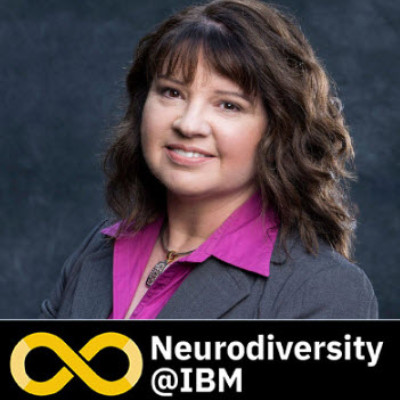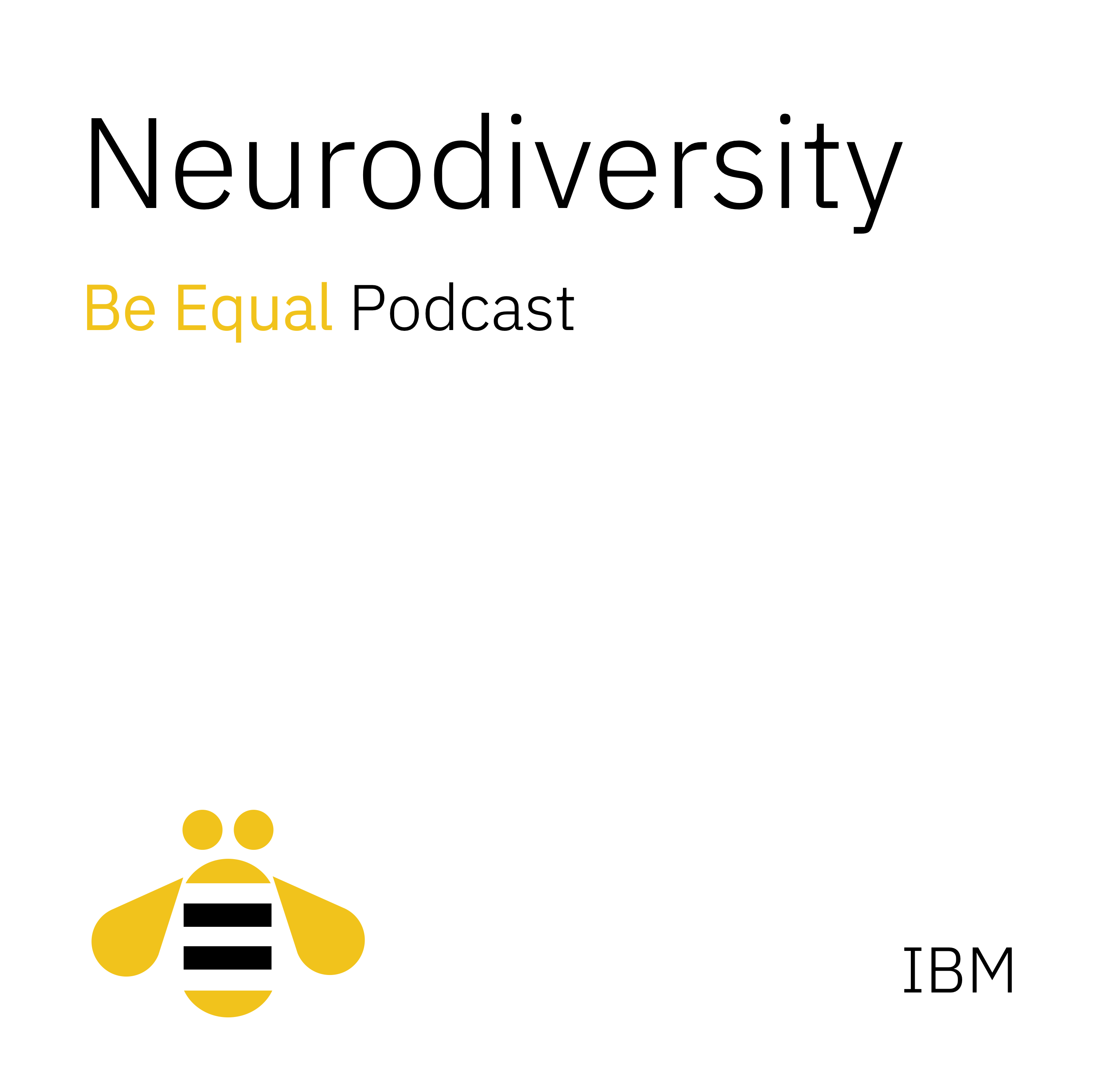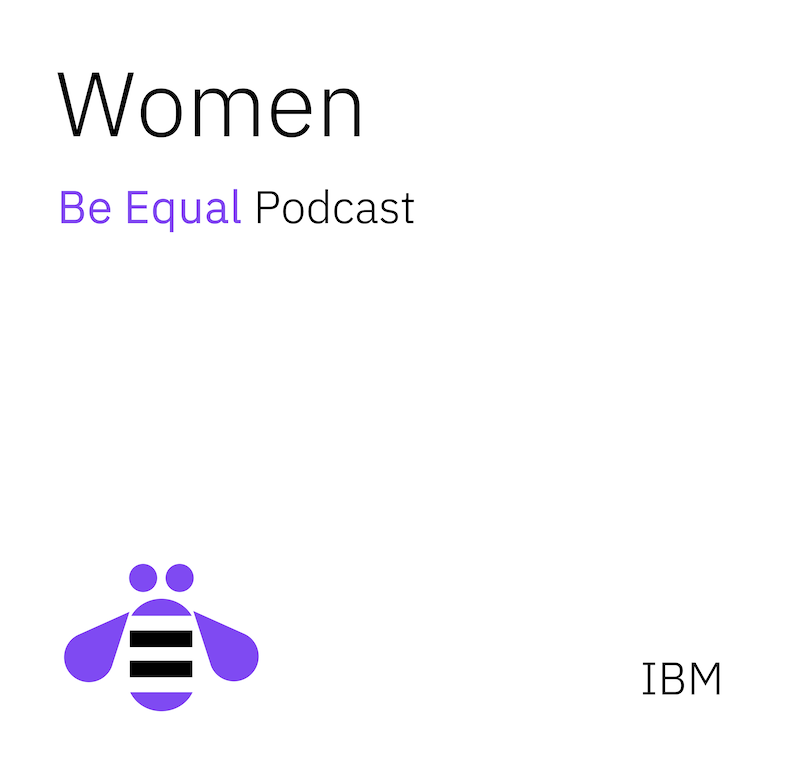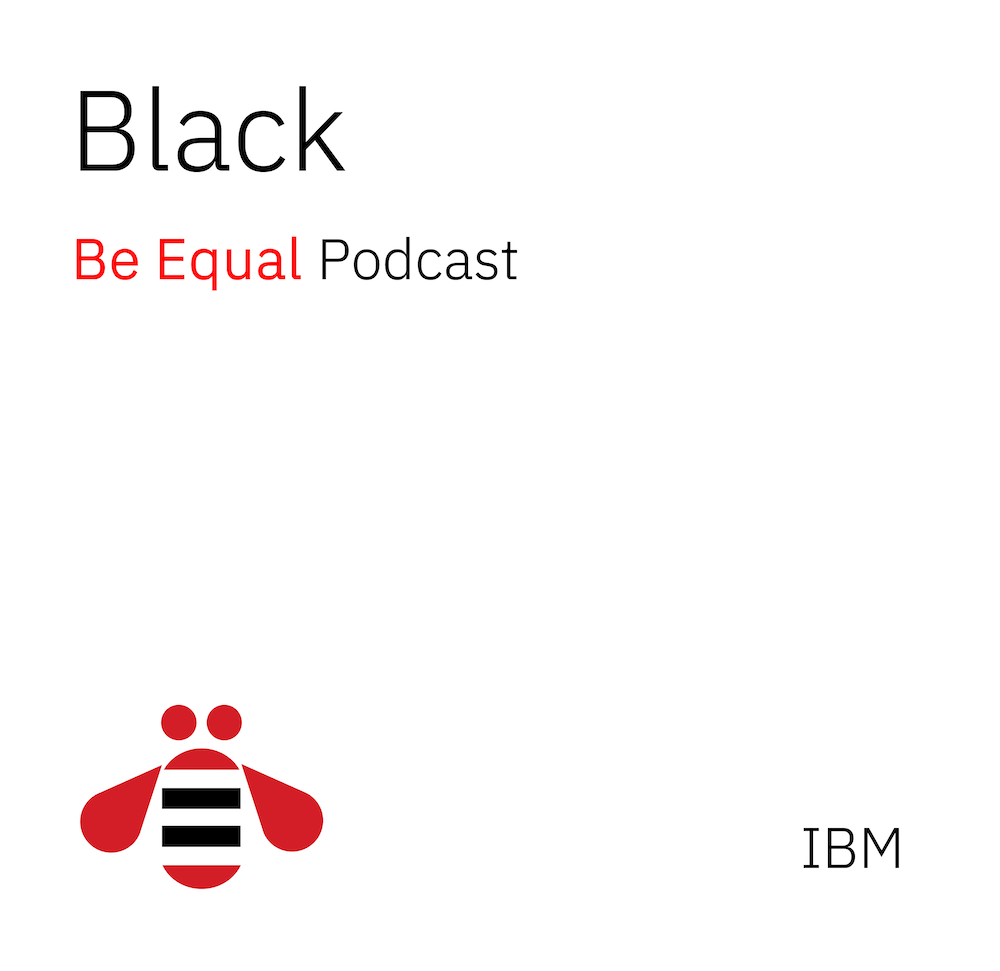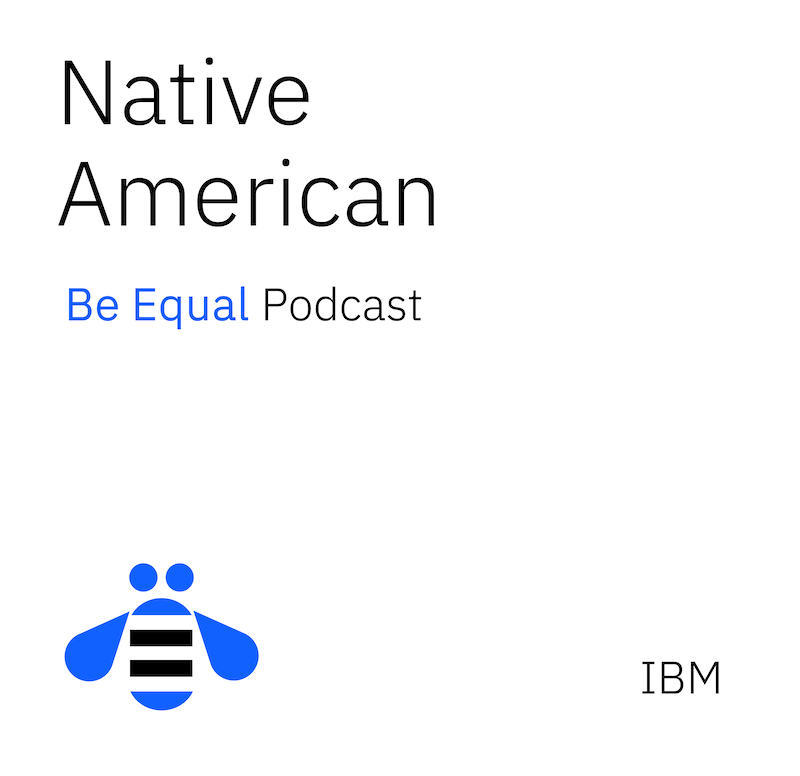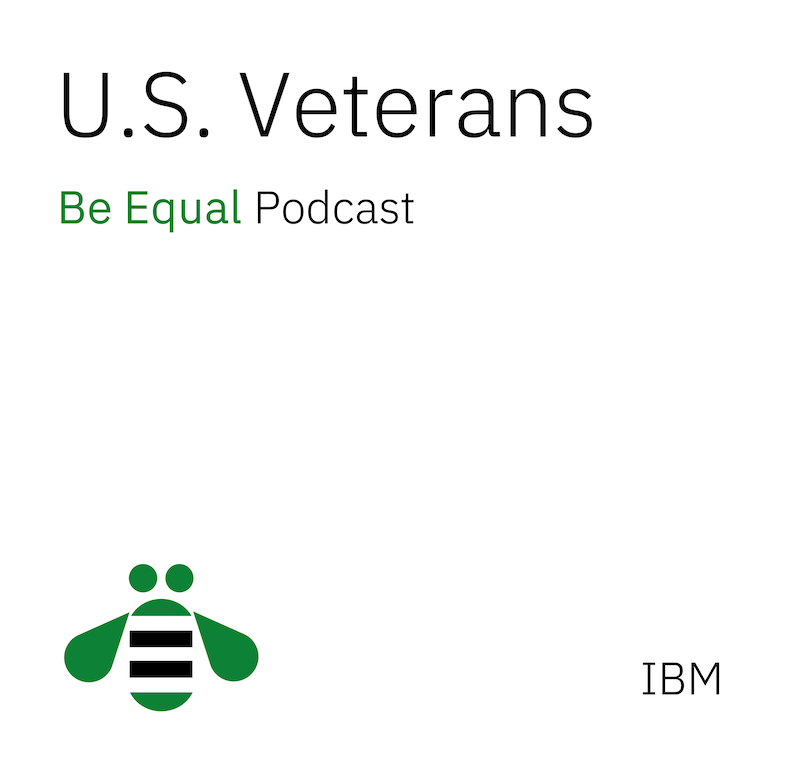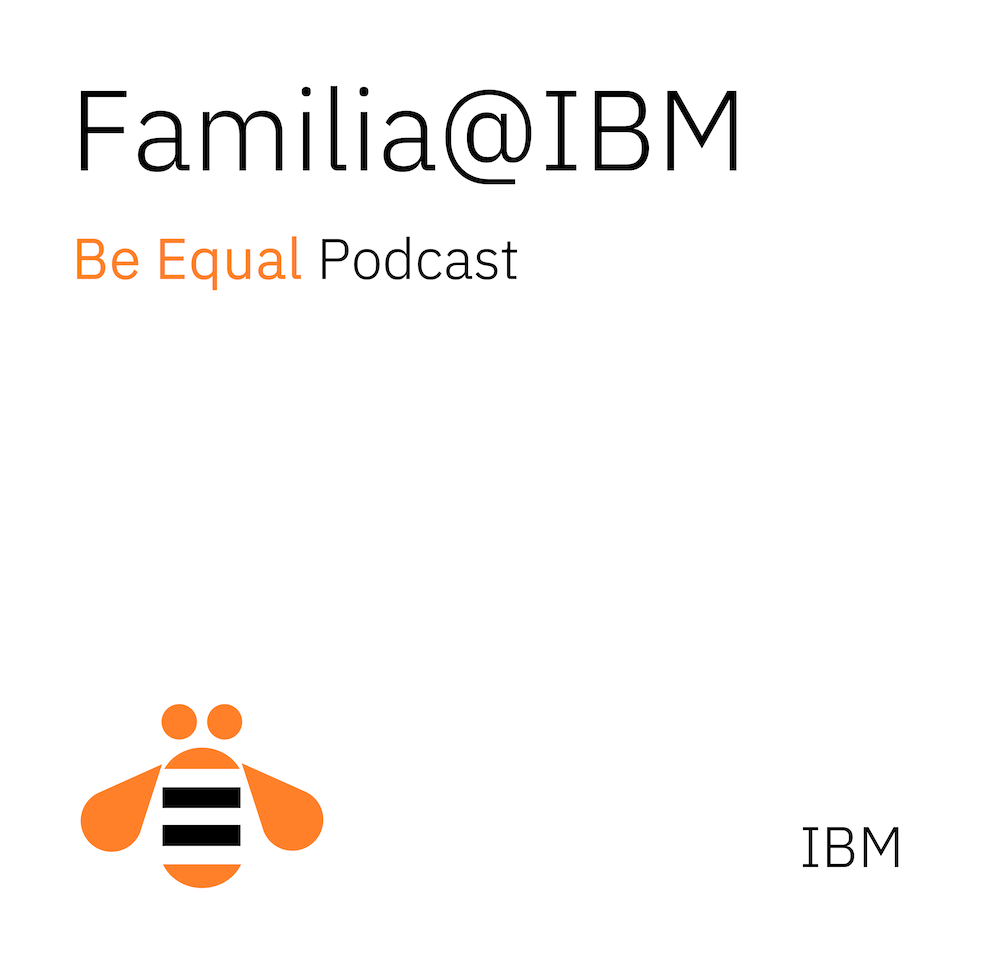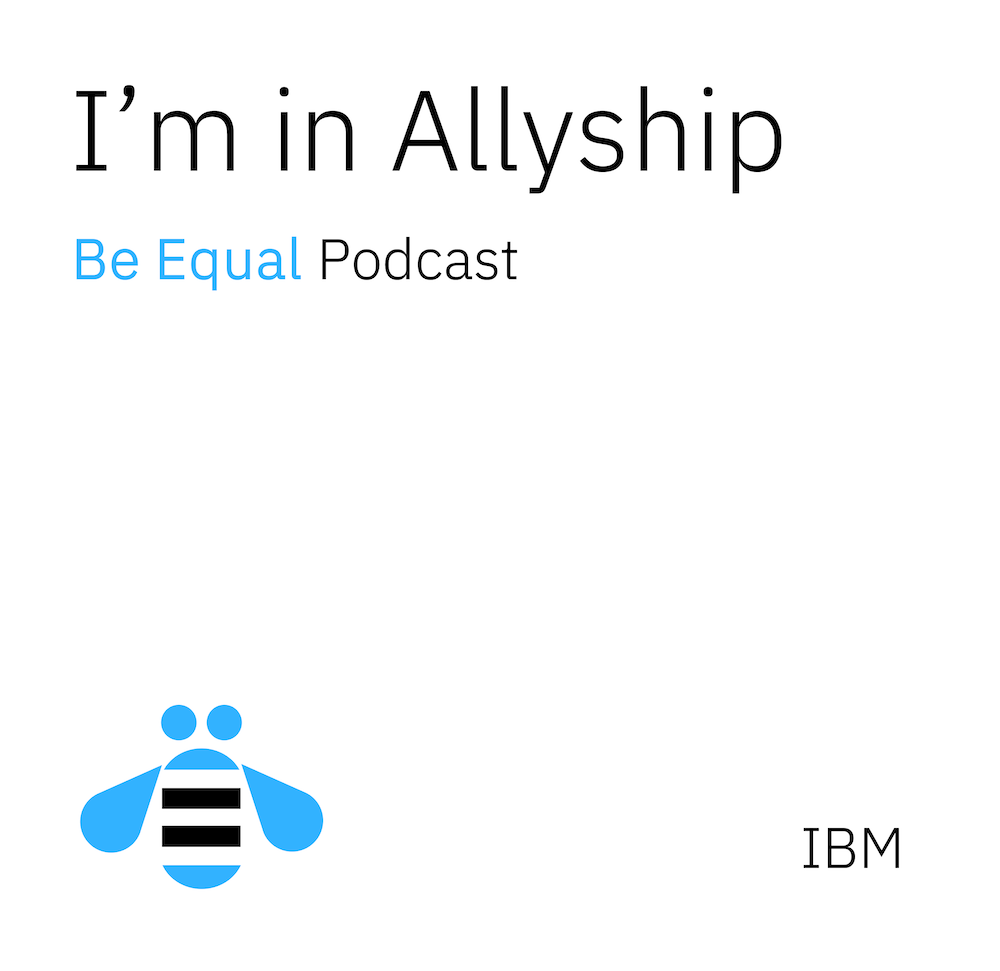Neurodiversity – The power of Allyship
- 0.5
- 1
- 1.25
- 1.5
- 1.75
- 2
Jill Stewart: Hello and welcome to our IBM Be Equal podcast. I'm Jill Stewart, the Director of Diversity and Inclusion at IBM. Thanks for joining our conversation around D& I to learn how we, at IBM, are continuously looking for ways to expand equality and allyship across the enterprise. We have eight D& I communities focused on making a difference for underrepresented groups, and here is an opportunity for you to hear directly from our IBMers. Every month we have a new episode. So enjoy.
Joy Dettorre: Hello and welcome to our first Be Equal podcast, where IBMers will have the opportunity to be vocal, to be powerful, to be proud, and most importantly to be heard. And share their active allyship. Our podcast series explores seemingly simple issues that we all face but we don't often talk about out loud. I'm your host, Joy Dettorre, and I am the Global Diversity Equity and Inclusion Leader at IBM. My pronouns are she and her, and I'm speaking to you today from South Florida, which is also known as the ancestral lands to the Miccosukee and Seminole nations. So I'm here today with Diane Delaney. Diane is the Global Diversity and Inclusion Leader for the people with diverse abilities and the neurodivergent community. And I think having a dedicated D& I leader aligned to a specific diverse community, it is a unique concept for a lot of companies. So Diane, as the Diversity and Inclusion Leader for the neurodiversity community, can you share a little bit more about IBM's neurodiversity journey?
Diane Delaney: First, I'd like to share that my pronouns are she, her, and hers and I identify as neurodivergent. IBM's neurodiversity journey began in 2015 and it was a grassroots effort by two very passionate and caring IBMers. They started the Autism as a Skill Business Resource Group, or BRG, with 50 IBMers. And that BRG has expanded to neurodiversity at IBM and now has over 3, 000 members and allies. And this growth should not be too surprising as one in 20 people are neurodivergent.
Joy Dettorre: You had shared in the statistic that one in 20 people identify as neurodivergent. So based on that statistic, I want everyone who is listening to think about the people around us who are possibly neurodivergent. Think about society. Let's think about our family, our friends. Think about being at the grocery store or at your place of worship. And even in our workplace. You already have people who identify as neurodivergent. They are in our companies, they're on our teams, and they're leading our businesses as managers and executives. So to start talking about neurodiversity and how we can become better allies, not only in society, but also in the workplace, I now want us to hear a real life story about allyship at IBM. I wanted to go ahead and introduce you to two people. First of all, I wanted to introduce you to Nat Lyckowski. She's an IBM Inventory Transformation Lead and a Global Diversity Advancement Leader. And then I also wanted to introduce her manager, Gevetta Myers, who is a Global Inventory Leader in IBM systems. You heard me mention their name, but I'm going to let you get better acquainted with their voices. So I'm going to go ahead and ask each one of them both, Nat, first, and then Gevetta. Would you mind taking a moment to say hello, sharing something about yourself, and then I'm going to ask the two of you, a few questions?
Nat Lyckowski: Thanks so much for having us and for the listeners, thank you so much for dedicating some of your very precious time to listen to our conversation today. I've been with IBM for 28 years. I am proudly neurodivergent and I'm also the parent of an autistic IT professional. And I truly feel honored and blessed to have this dual role at IBM. And my pronouns are she and her.
Joy Dettorre: Awesome. Thank you, Nat. So Gevetta, the manager. I'm going to put you on the hotspot, Gevetta. Why don't you tell us a little bit about yourself?
Gevetta Myers: Thanks, Joy. Hi everyone. As Joy mentioned, I am the Global Inventory Leader within the supply chain for the systems group. I've been with IBM for 21 years, and I'm located in RTP, North Carolina. And my pronouns are she and her.
Joy Dettorre: Gevetta and Nat, thank you so much for taking the time, not only to be a part of our inaugural Be Equal podcast, but being vulnerable enough to come forward and say, " Hey, listen, we've got an employee and a manager who have a really special relationship and the reason they have a special relationship is because of the profound relationship that you have been able to build based on empathy and respect." So with that Nat, I'm going to go ahead and turn my first question over to you. You had told me earlier that you started working with Gevetta just a few years ago, back in 2021. Can you tell us a little bit about your experience in working with Gevetta, and how did you decide, because I think there's got to be some vulnerability in doing this because being neurodivergent, it's an invisible diverse characteristic. So it's kind of like a coming out story. So how and when did you decide to share with Gevetta that you identified as neurodivergent?
Nat Lyckowski: It's definitely a personal decision and journey that everybody is on, on coming out. I personally masked for being neurodivergent for about the first 30 years of my life. I was recognized as neurodivergent in college, which is common for many women. But it wasn't until 2015 that I came out at IBM. And that's really when I started working and I found out about the Neurodiversity at IBM Initiative and also saw the battles that my own son was going through that made me want to find my courage to come out and help lead this initiative. And that courage to come out really had a lot to do with the culture that IBM has been championing for over a hundred years. I've gotten to a place on my journey where I now list being neurodivergent as a skill on my resume. That might be the first time Gevetta found out.
Joy Dettorre: Talk about a powerful differentiating skill, right, Nat?
Nat Lyckowski: I think it is. Everybody has their own things that they're good at and that's one of my superpowers.
Joy Dettorre: I was just going to say before you even said it, the word was on the tip of my tongue. Sounds a little bit, Nat, like being neurodivergent is a superpower.
Nat Lyckowski: I feel it is inaudible with a pledge of inaudible. So there's good with the bad, but we'll try to focus on the good. But not only did I have it on my resume, but I told her and my team directly to be transparent as possible. I suggested that you are learning neurodiversity and these trainings really offer people like me to succeed and to really foster the best team synergy as possible. And with radical candor and open feedback and empathetic messaging, I really was honestly greeted with nothing but understanding and kindness and support. And that made me very excited to get to work. And I'm truly honored to be part of Gevetta's team.
Joy Dettorre: And I'll tell you the difference between a very good and a very bad day, typically is dependent upon how people treat one another and frankly how we behave. So with that, Gevetta, I'm going to go ahead and ask you my first question. We heard a little bit about Nat. Nat, I wanted to say first of all, thank you so much for always being such a strong champion for every diverse community. Thank you for your bravery to be a part of this inaugural broadcast and to go ahead and identify as neurodivergent because it is an invisible characteristic that you could have decided to hide, but you did it. And so, Gevetta, I wanted to go ahead and turn it over to you because we've heard Nat's perspective when she came out to you, when she came out to the team, she said she was greeted with nothing but kindness. And so Gevetta, I'm going to ask you, how did you respond when Nat shared with you that she was neurodivergent?
Gevetta Myers: Thanks Joy. I had heard of the term neurodiversity before, but I didn't know much about it. So at Nat's suggestion, I chose to go ahead and complete ND 101, so that I could gain a better understanding of what neurodivergence is. And I also encouraged the rest of my team to do so as well. I wanted Nat to feel welcomed on our team and accepted as herself. So I created an open space for her to share what she felt comfortable sharing about her background and about how she works best. And Joy, before you mentioned vulnerability. I was also vulnerable and let Nat know that this is an area that I knew little about and that I might say or do things unconsciously that she might interpret differently than what I intended.
Joy Dettorre: Wow. Gevetta, I just want you to know everybody is going to suddenly want to work on your team because who doesn't want to work for a leader who says, " I want an employee on my team to feel welcomed and accepted." And the other thing that you said, Gevetta, that I have got to highlight here is, you said, I wanted to make sure I knew how to create an environment that works best for Nat. So you did a couple of things. You took it upon yourself to learn and to do the research, and you encouraged other members on your team to also do the same thing. So it wasn't just you creating this basic fundamental understanding and this welcoming environment, but your entire team. So I'm going to ask you another question because I'm sure that there are managers, not only at IBM, but managers from other companies who may also be listening. So I need to ask you, how have things been going in your working relationship with Nat and what recommendations do you have for other managers?
Gevetta Myers: I would say it's definitely going well. Just like with all of my new team members, I wanted to ensure that I was leveraging Nat's skill strengths and empowering her to use her unique perspective to help our team achieve our business goals. And she's doing just that. She's using diverse approaches and she's working directly on projects that address some of our most challenging problems and she's making a big impact. So for other managers, I would recommend that they invest the time to understand their employees, both neurodivergent and neurotypical. I think that this can help them become aware of how their employee works best so that they can thrive and stay engaged. Communicate openly with them, ask them what they need. And I believe that over time this will increase trust and ultimately productivity within your team.
Joy Dettorre: Boy, I'm a big fan of this whole word, trust. And for those of you that are not familiar with IBM and some of our values, the basic principle, one of our core values is all based on trust. So Gevetta, thank you not only for using the word, but demonstrating the word in your actions and in your everyday living. So Nat, I'm going to turn the next question over to you. What would you share with people who are neurodivergent but who are not out at work yet? What advice do you have for them?
Nat Lyckowski: Coming out is a very personal journey and only that individual can make the decision for themselves, whether it's coming out as neurodivergent or a member of the LGBT community. But what I can say is that masking is utterly exhausting. And not being in the right environment for you to succeed can affect not only your work performance, but also your mental and your physical health. If you're burning 60% of your battery trying to remember to be more normal, whatever normal means, then that 60%, you're not putting into something else that could be more productive. And self- advocacy can be very, very scary. But if you can't ask for help when you need it, who would know that you are experiencing any friction? So is it better to try to change the situation?
Joy Dettorre: There was so much packed into this short conversation between you and Gevetta, not only your courage to find the words, to come out to Gevetta and the entire team, and Gevetta for you to be a super ally. If we haven't officially deputized you as a super ally, I'm going to officially do it on this inaugural broadcast and say you are officially a super ally at IBM. And I can't resist sharing a famous quote, because as Gevetta and Nat were talking, it was really resonating in my mind. And this is a quote from Maya Angelou, and she used to say this, she used to say, " People will forget what you said and people will forget what you did. But people, they will never forget how you made them feel." And as I think about the interactions that happen so naturally, Nat, between you and the comfortable space that Gevetta created, I wanted to say thank you so much, Nat, for your bravery, your vulnerability, and your courage. And Gevetta, thank you so much for being a super ally, not only to Nat, but to all diverse communities at IBM. So I wanted to end our inaugural Be Equal podcast today by thanking Diane, Nat, and Gevetta for sharing your insight, perspective and actions that you have taken to make IBM an inclusive place for others to thrive and to grow. And as we reflect on the conversation about the allyship experience between Nat and Gevetta, we learned that allyship, it included four things. Number one, active listening. Number two, learning the individual needs of the employee. Number three, investing in education. And don't keep what you learned to yourself, share it with others. And fourth. Take action. Because allyship, it is not about the ally.
DESCRIPTION
IBM is proceeding into its 8th year of celebrating the Neurodiversity community. Our journey began in 2015 as a grassroots effort by two passionate and caring IBMers. After a few years, that group expanded to Neurodiversity@IBM and now has over 3,000 members and allies. This growth shouldn’t be surprising, as more than 1 in 20 people are neurodivergent. On this first episode, we invite you to hear from our host Joy Dettorre – IBM Diversity & Inclusion (D&I) Communities Leader, and our guest speakers Diane Delaney – IBM People with Diverse Abilities (PWDA) and Neurodivergent Community Leader, IBM HR, Nat Lyckowski – Inventory Transformation Lead and Global Neurodiversity Advancement Leader, IBM Infrastructure, and Gevetta Myers – Global Inventory Leader, IBM Infrastructure.
Today's Host
Jill Stewart
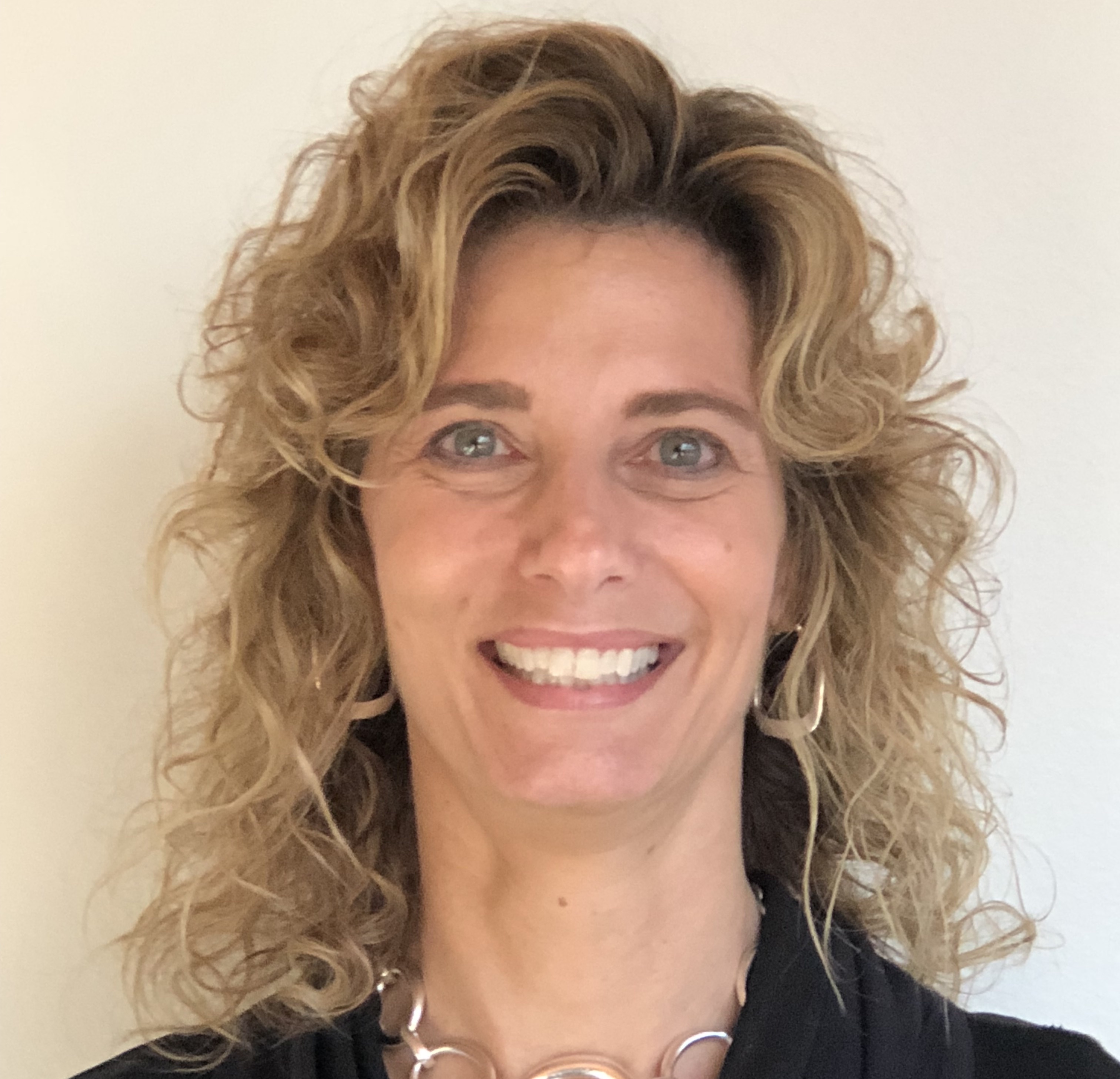
Joy Dettorre
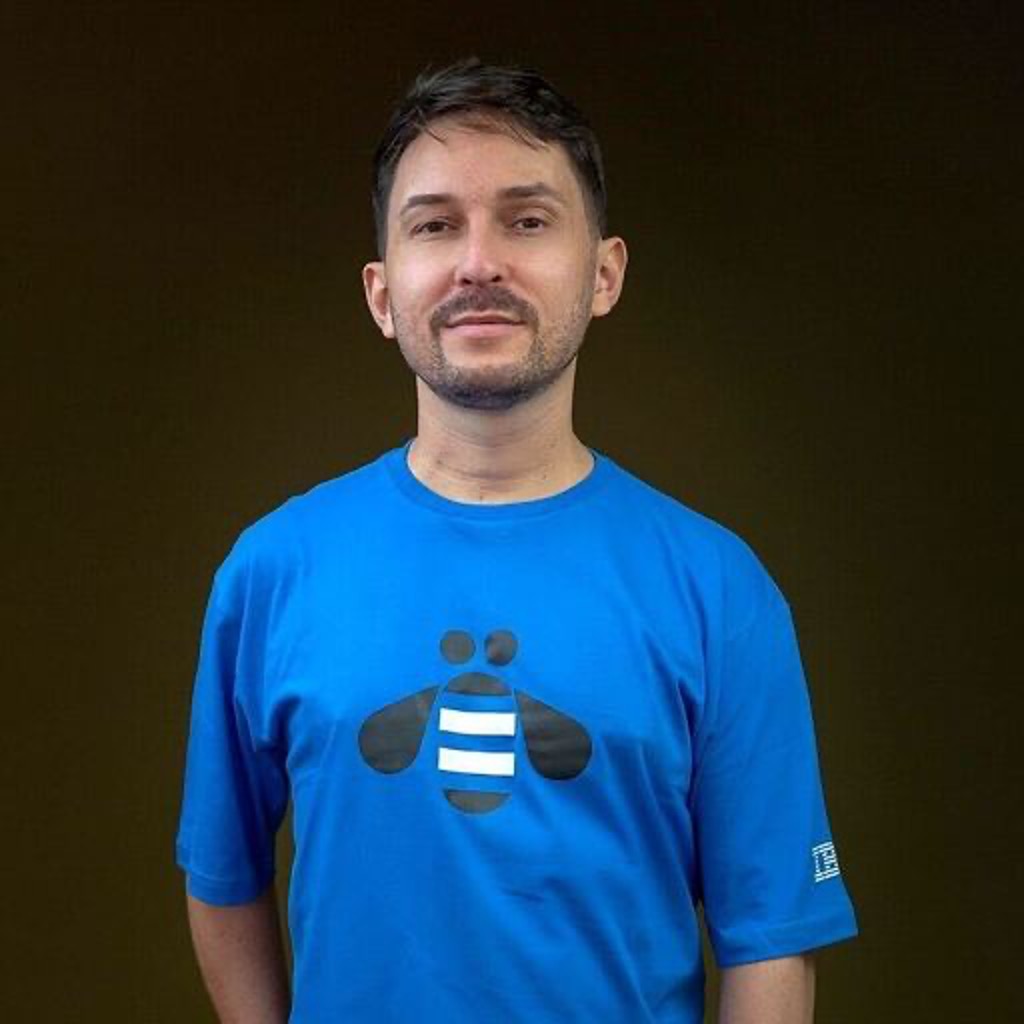
Luiz Lopes
Today's Guests
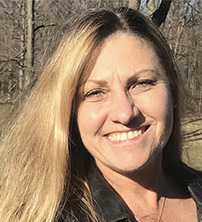
Diane Delaney
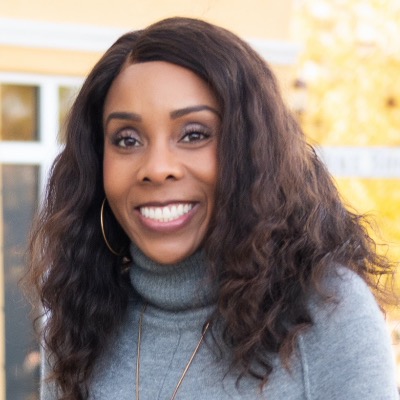
Gevetta Myers
